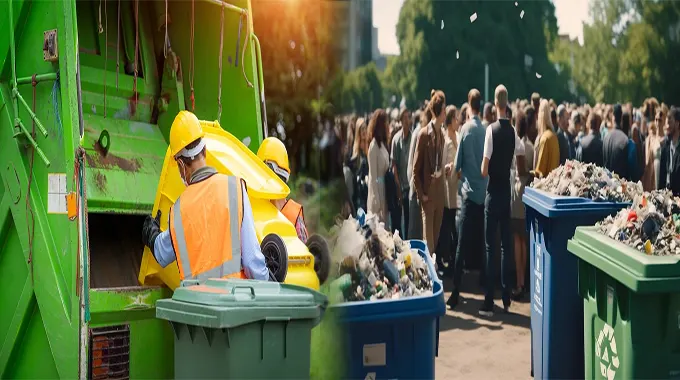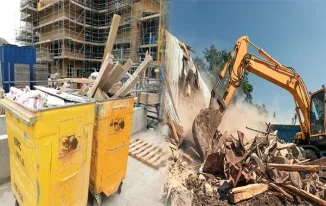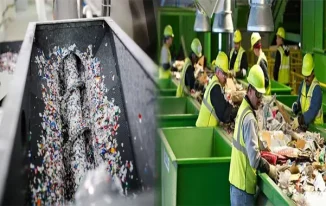As urban populations continue to grow, the management of waste has become a critical issue for cities around the world. Proper waste management is essential to maintaining a clean environment, reducing pollution, and promoting public health in urban areas. To address this challenge, cities must implement effective waste management solutions that prioritize sustainability and resource efficiency. Let’s explore some key strategies for managing waste in urban settings.
1. Source Separation and Recycling Programs
Implementing source separation programs that encourage residents to sort their waste into recyclable, organic, and non-recyclable categories is a fundamental step in effective waste management. Recycling programs promote the recovery of valuable resources and reduce the amount of waste sent to landfills or incinerators, thereby minimizing environmental impact and conserving natural resources.
2. Composting and Organic Waste Management
Managing organic waste, such as food scraps and yard trimmings, through composting is an effective way to reduce waste volume and methane emissions from landfills. Cities can establish community composting facilities or provide residents with composting bins to divert organic waste from the waste stream and create nutrient-rich compost for soil enrichment and landscaping projects.
3. Waste-to-Energy Technologies
Implementing waste-to-energy technologies, such as anaerobic digestion and incineration with energy recovery, can help urban areas convert waste into valuable energy sources. These technologies not only reduce the volume of waste that ends up in landfills but also generate renewable energy that can be used to power homes, businesses, and municipal facilities, contributing to a more sustainable and resource-efficient waste management system.
4. Extended Producer Responsibility (EPR) Programs
Extended Producer Responsibility (EPR) programs shift the responsibility for managing waste from consumers to product manufacturers and producers. By holding manufacturers accountable for the end-of-life disposal of their products, EPR programs incentivize the development of more sustainable and recyclable products, reduce waste generation, and promote a circular economy approach to resource management in urban areas.
5. Public Education and Awareness Campaigns
Raising public awareness about the importance of waste management and encouraging behavior change through education campaigns can help cities engage residents in sustainable waste practices. Promoting initiatives such as “Reduce, Reuse, Recycle,” hosting community clean-up events, and providing information on proper waste disposal techniques can help foster a culture of environmental stewardship and responsible waste management in urban communities.
6. Smart Waste Collection Systems
Implementing smart waste collection systems that leverage technology, such as sensors, data analytics, and route optimization software, can help cities improve the efficiency of waste collection operations and reduce costs. These systems enable real-time monitoring of waste containers, optimize collection routes based on fill levels, and provide valuable data for decision-making to streamline waste management processes in urban areas.
7. Collaboration and Partnerships
Collaborating with local stakeholders, businesses, non-governmental organizations, and waste management service providers is essential for developing comprehensive waste management solutions in urban areas. By fostering partnerships and working together towards common goals, cities can leverage collective expertise, resources, and knowledge to implement innovative and sustainable waste management practices that benefit the environment and the community.
Effective waste management solutions are crucial for promoting environmental sustainability, public health, and quality of life in urban areas. By implementing source separation programs, promoting recycling and composting, adopting waste-to-energy technologies, and engaging in public education efforts, cities can create a more resource-efficient and environmentally responsible waste management system that meets the needs of growing urban populations while mitigating the impact of waste on the environment. Through collaboration, innovation, and community involvement, urban areas can work towards creating a cleaner, healthier, and more sustainable future for all.














